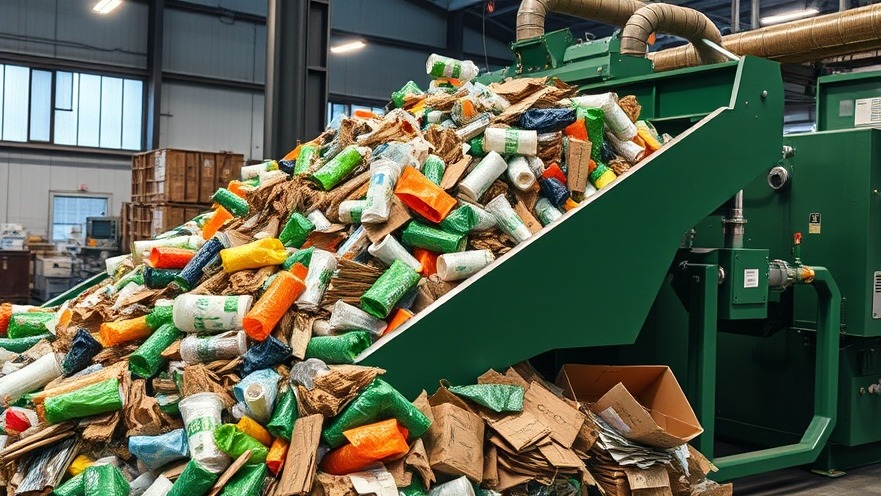
Procter & Gamble Embarks on a New Circular Adventure
Procter & Gamble (P&G) is taking significant strides in its journey toward sustainable practices by partnering with the likes of Tiarco and Bio-on. This innovative collaboration aims to revolutionize the chemical production process while reducing waste and maximizing efficiency. As boutique hospitality professionals, this shift not only signifies a change in industry practices but presents an opportunity for eco-conscious businesses like yours to embrace sustainability further.
Understanding the Circular Economy in Hospitality
The concept of a circular economy is not just a trend; it’s a movement designed to minimize waste and keep resources in use for as long as possible. For boutique hotels and eco-lodges, adopting circularity means rethinking supply chain dynamics by prioritizing regenerative business practices. You have the unique chance to implement sustainable innovations that not only appeal to eco-conscious travelers but also help in conserving resources for future generations.
The Role of Zero Waste in Boutique Hospitality
P&G's initiative to eliminate waste is a perfect representation of how important zero waste efforts are for all size businesses, particularly in the hospitality sector. For instance, hoteliers can adopt practices like composting organic waste, recycling materials, and utilizing sustainable packaging to align with this approach. Embracing zero waste principles enables your establishment to contribute positively toward a sustainable future while often leading to cost savings.
Leading Through Corporate Social Responsibility
As leaders in the hospitality industry, your commitment to corporate social responsibility goes beyond customer satisfaction. It extends to how you manage resources and community impact. Understanding the implications of P&G's strategy allows small-scale hotel owners to align their business operations with sustainable goals which resonate with guests today. More and more individuals choose accommodations that prioritize environmental and social integrity, rewarding businesses that do their part.
Future Predictions: A Shift Towards Sustainable Innovation
Looking ahead, we can expect that sustainable innovation within the hospitality industry will continue to grow. As P&G expands its circular approach to chemical production, similar practices can be anticipated elsewhere, encouraging guests in eco-friendly lodging to prioritize hotels that operate sustainably. Staying informed about these trends will not only enhance your marketing strategy but also position your business ahead of the curve on sustainability.
Actionable Insights for Your Sustainable Journey
Your transition towards sustainable practices may begin with simple changes. Consider exploring ways to reduce single-use plastics in your operations, adopting energy-efficient appliances, and investing in eco-friendly linens. Consumers are becoming increasingly aware of their choices, and highlighting environmental initiatives can significantly enhance your brand visibility.
In conclusion, as P&G forges ahead with its sustainable initiatives in chemical production, boutique hospitality professionals have a unique opportunity to introduce transformative changes in their businesses. By embracing circular economy principles and committing to zero waste, you not only create a more sustainable business model but also cater to a growing market of conscious consumers who value corporate social responsibility. Take action today to be a part of this exciting evolution in the hospitality industry and set your establishment apart.
 Add Row
Add Row  Add
Add 




Write A Comment